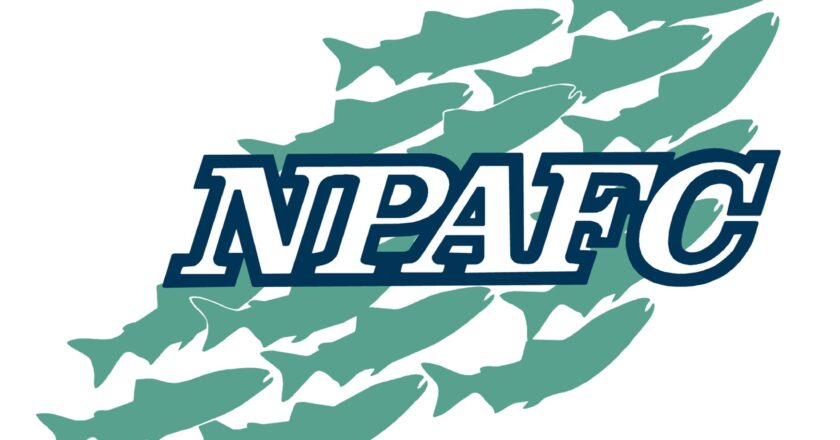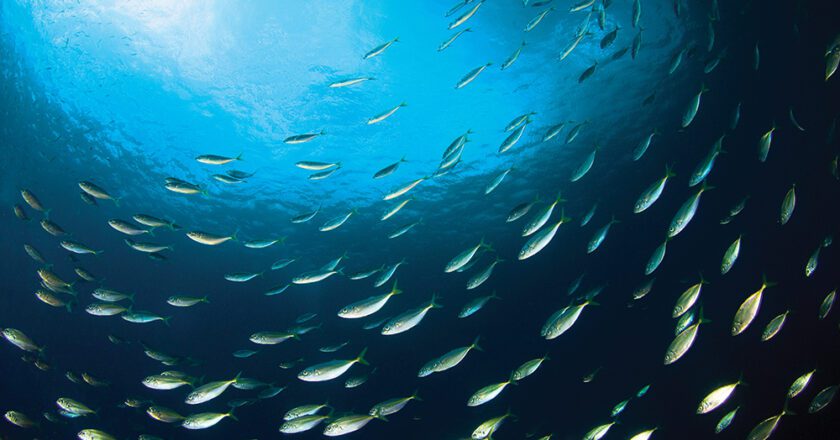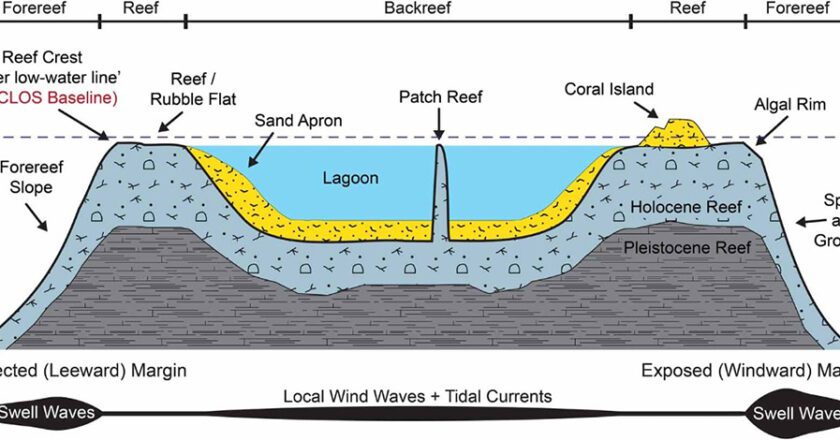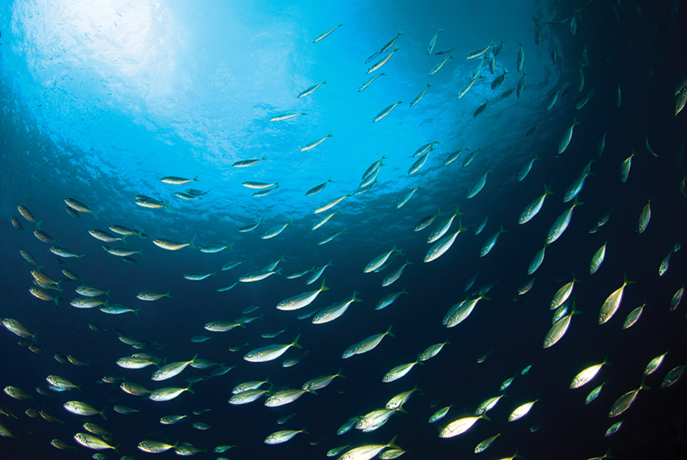Study: Conservation Alone Can’t Ensure Sustainable Snow Crab Fishing Goals
A study released by Purdue University on the impacts of climate change on the global snow crab fishery concludes that given the uncertainties induced by climate change, conservation strategies alone are not sufficient to ensure sustainable fishery goals.
The research, led by Jingjing Tao and released by the Purdue University Department of Agricultural Economics, was published in the online publication Natural Resource Modeling on Aug. 5.
The study estimates snow crab harvest functions using climate change indicators with unbalanced panel data of snow crab production from the eastern Bering Sea off Alaska, the southern Gulf of St. Lawrence in Canada, the Sea of Japan and the Barents Sea, impacting Norway and Russia.
Despite years of efforts by the Alaska Department of Fish and ...








